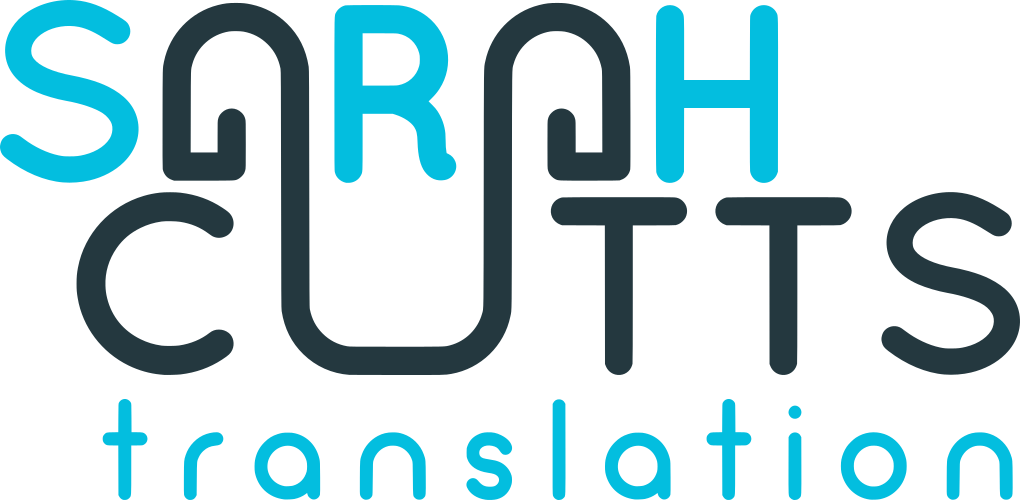
Photo: rawpixel
If you have been asked to provide a certified translation into English of a foreign document – such as a marriage, birth or death certificate – which will be used for official purposes in the UK, you may be unsure what is required and how to obtain it.
I have been handling certified translations for over 14 years now and although it is difficult to establish formal guidelines, I have put together this information to help you through the process.
Be sure of the purpose
You need to be clear on what exactly you have been asked for and what the translation is to be used for. If, for example, the translation is for a name change on a bank account, driving licence or a passport or university application, then usually a certified translation will be sufficient.
If the document is to be used for other purposes, such as divorce proceedings, then a statutory declaration sworn by the translator in front of a court or solicitor may also be required.
Sometimes, depending on where the translation is to be used, you may even be asked for a notarised translation, which involves the translator swearing an oath before a notary public.
Can any translator do this?
A certified translation into English must be carried out by a professional qualified translator or company in the language combination, usually a member of the Institute of Translation & Interpreting (ITI) or the Chartered Institute of Linguists (CIOL).
They will produce a signed and dated certificate detailing their qualifications, professional credentials and contact details and declaring that their translation is true and faithful to the original document. This is then attached to a copy of the original document and the translation.
Where a statutory declaration or notarised translation is required, the solicitor or notary public does not attest to the accuracy of the translation – unless they are specifically required to do so and are qualified in the language combination.
They merely confirm the translator’s identity and attach the statutory declaration or notarial deed to the original document and the translation.
What are the costs involved?
Aside from the costs of the translation itself, most translators charge a small additional fee for a certified translation.
If other services are required, such as swearing a statutory declaration or a notarised translation, there will be more additional costs.
These services are usually charged per page by the solicitor or notary involved and the translator’s time and travel costs will also be taken into consideration.
Is the original document needed by the translator?
Depending on the requirements, the translator may not necessarily need the original document, and for most purposes a clear, legible copy of the document will suffice.
What about certified translations of English documents?
If a document in English is to be used abroad then another set of rules applies.
Different countries have different requirements. Some need a “sworn” translation, which must be carried out by a qualified translator who has been officially appointed by the country in which the document is to be used.
In addition, UK documents may also need to be notarised and legalised by the Foreign and Commonwealth Office (FCO) in order to be accepted abroad.
If there is any doubt with certification, I would recommend checking the exact requirements of the authorities requesting the translation.
This will avoid any unnecessary costs and potential complications in processing your documents.
To discuss any of the issues discussed in this article, please give me a call. Advice is always free.
